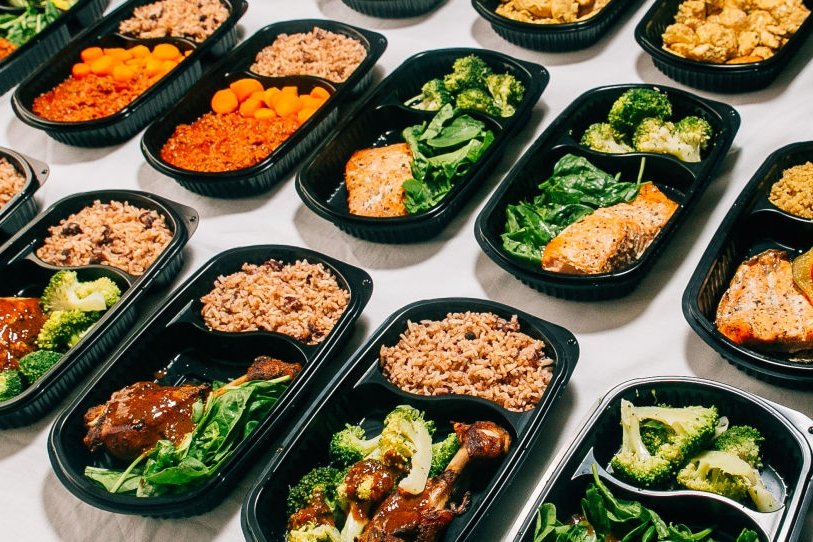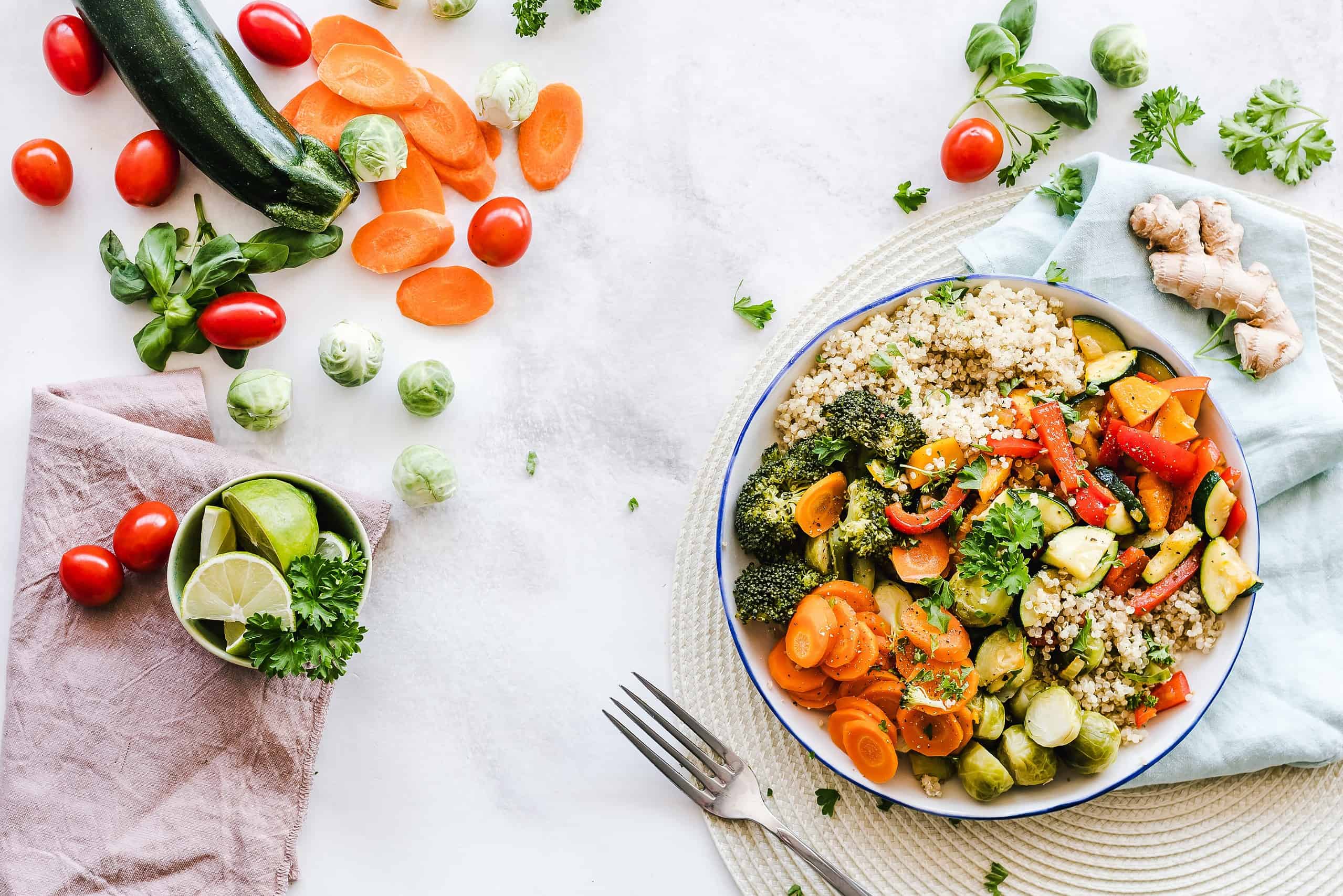
Post-Workout Nutrition: The Secret to Muscle Recovery
After an intense workout, your body enters a critical recovery phase where proper nutrition can make a world of difference. Post-workout nutrition plays a pivotal role in how quickly you recover, how much muscle you build, and how well your body adapts to the demands placed on it during exercise. This phase is often overlooked, yet it’s when your muscles are primed for repair and growth, making it the perfect time to fuel your body with the right nutrients.
The Importance of Post-Workout Nutrition
When you exercise, especially during strength training or endurance activities, your muscles undergo tiny tears. This is a natural process that contributes to muscle growth, but it also requires recovery. The body’s repair process is energy-intensive, which is why your muscles need the proper fuel to recover fully and efficiently.
In addition to the physical damage caused to muscle fibers, exercise depletes glycogen stores—the body’s primary source of energy. After a workout, you want to restore glycogen levels while providing the building blocks for muscle repair and growth. A thoughtful combination of protein, carbohydrates, and healthy fats helps accelerate recovery and reduces soreness, allowing you to train harder and more frequently.
What to Eat After a Workout
Post-workout nutrition typically focuses on two key macronutrients: protein and carbohydrates.
1. Protein: The Building Blocks of Muscle
Protein is arguably the most important nutrient for muscle recovery. During exercise, muscle protein synthesis (the process of building new muscle proteins) is triggered. However, this process must be supported by consuming sufficient protein. Ideally, you want to consume 15 to 25 grams of high-quality protein within 30 minutes to two hours after a workout. This helps stimulate muscle repair and growth.
Popular post-workout protein sources include lean meats like chicken or turkey, fish, eggs, Greek yogurt, and plant-based options like tofu, lentils, and beans. Whey protein shakes are also a convenient option for those looking to quickly meet their protein needs.
2. Carbohydrates: Replenishing Glycogen Stores
Carbohydrates are essential for replenishing the glycogen stores that were depleted during exercise. If you engage in high-intensity or prolonged workouts, consuming a fast-digesting carbohydrate post-workout can help quickly restore glycogen levels. The general guideline is to consume about 1 to 1.5 grams of carbs per kilogram of body weight after exercise.
Whole grain foods, fruits, and starchy vegetables are excellent sources of carbohydrates. For faster absorption, some people prefer simple carbs, such as a banana or white rice, immediately after their workout, followed by more complex carbs later in the day.
3. Fats: Supporting Overall Health
While fats are not as urgent a need post-workout as protein and carbs, including a moderate amount of healthy fats in your post-workout meal can help support overall health and recovery. Healthy fats, like those found in avocado, nuts, seeds, and olive oil, help reduce inflammation and provide long-lasting energy.
However, it’s important not to overdo fats immediately after a workout. Too much fat can slow down digestion, which may delay the absorption of the essential protein and carbs your muscles need.
Hydration: Don’t Forget About Water
Post-workout hydration is just as important as nutrition. When you exercise, you lose water and electrolytes through sweat, so rehydrating is crucial for optimal recovery. Water is the best option for most workouts, but for longer or more intense exercise sessions, electrolyte drinks or coconut water may be beneficial to replenish lost minerals.
Timing Is Key
While it’s generally accepted that there is a post-workout “window” of opportunity, often referred to as the “anabolic window,” it’s not as narrow as once believed. The body can benefit from protein and carbs for several hours after a workout. However, consuming your post-workout meal within an hour after exercising ensures you’re providing your muscles with immediate nutrients to aid in recovery.
Conclusion
Post-workout nutrition is a vital part of the recovery process, offering the body the nutrients it needs to repair muscles, restore energy, and build strength. By prioritizing protein and carbohydrates, along with adequate hydration and a touch of healthy fats, you’ll set your body up for faster recovery, better performance, and continuous progress. So next time you finish a workout, make sure you give your body the nutrition it deserves.



hope starts with you hope starts with you .
thank you for kind regards.
Kaixo, zure prezioa jakin nahi nuen.
zein prezio jakin nahi duzu?